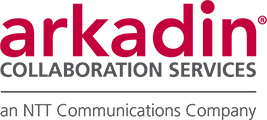Related Questions
- Ours is a large company in the agro sector with offices that are spread across India. We conduct quarterly board meetings during which we have faced challenges in organizing the meetings, preparing material, planning their schedules, travel and communication. There have been instances when the board members haven't been able to attend these meetings due to connectivity issues, leading to a lot of absences. Also, a huge amount of paper and stationary was being spent on prints and hard copies of board review material. How do we go about implementing a virtual collaboration system such that our meetings can be conducted in a paperless and zero-absence environment?
- Enterprise mobility has the capability to reduce the cost of doing business and enable employees by allowing them to work any time, and from anywhere. How can it be leveraged in an educational institution such as a school? What are some of the challenges that a school may encounter? Is change management going to become a bigger issue than just deploying a solution? What should comprise the BYOD policy in such a scenario?
- How do you facilitate the digital transformation in a highly regulated sector like banking? Increasingly, banking, financial and insurance sectors have started using collaboration tools to conduct group meetings, steering group-level meetings, on-the-door experts, etc. These meetings are highly regulated. So what do you suggest for these kinds of environments?
- How difficult or easy is it to have a communication channel established with one’s customers? Here, the question relates to not only employees but also end-point customers.
- While the millennial workforce is growing, any organization will continue to have the hybrid workforce. What is your experience in bridging this divide?





